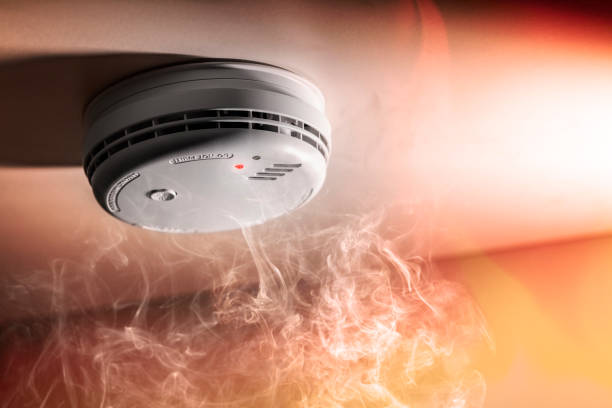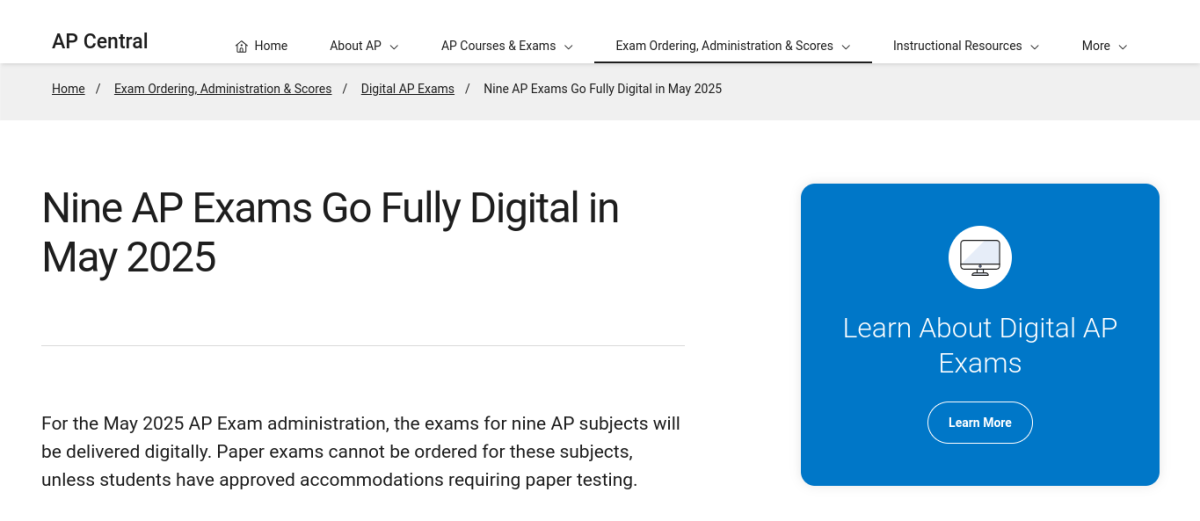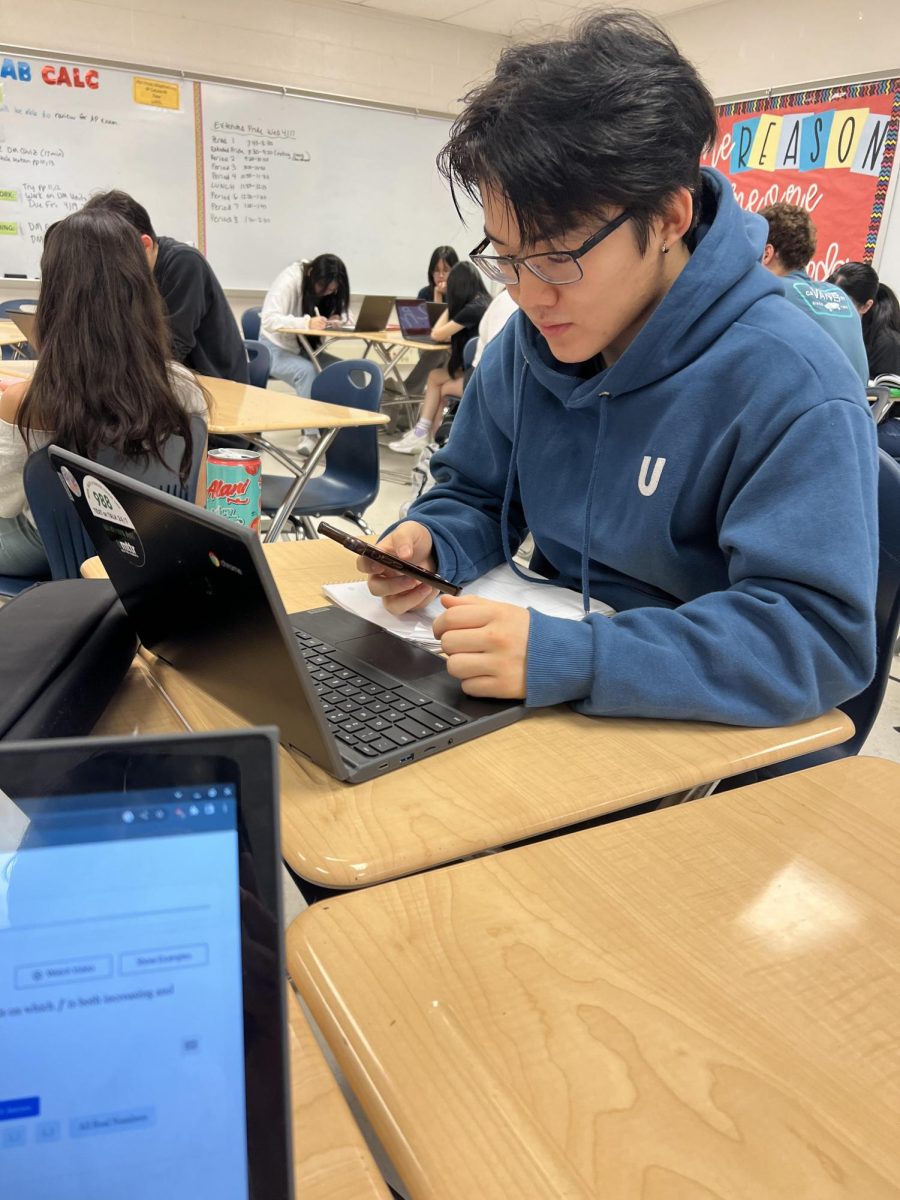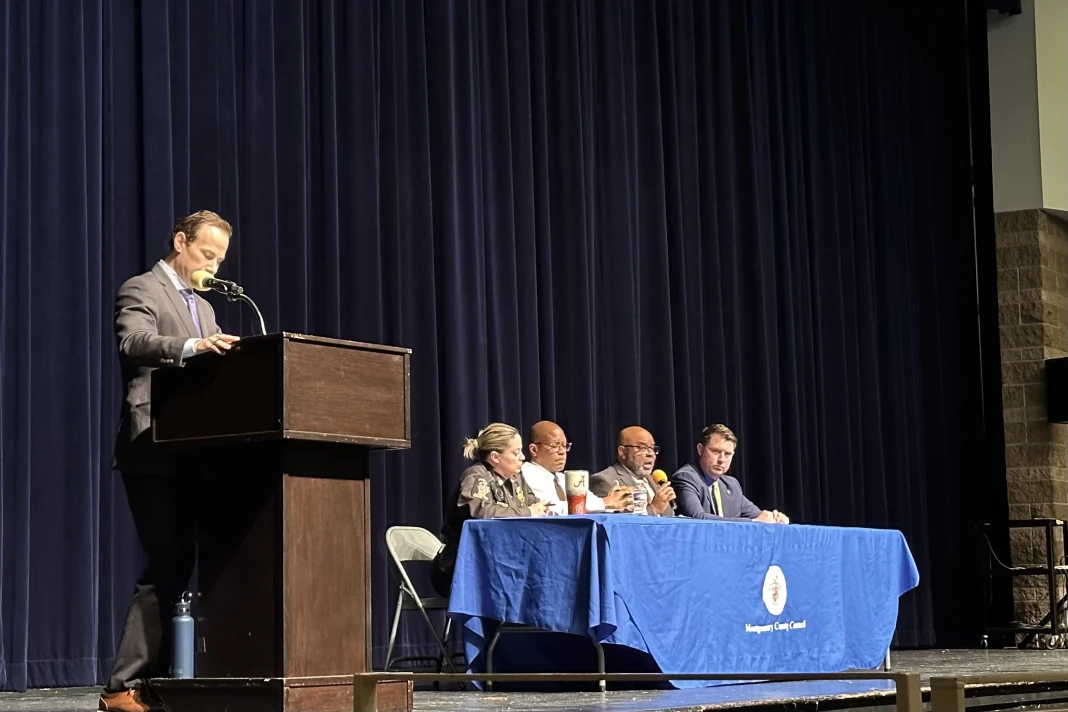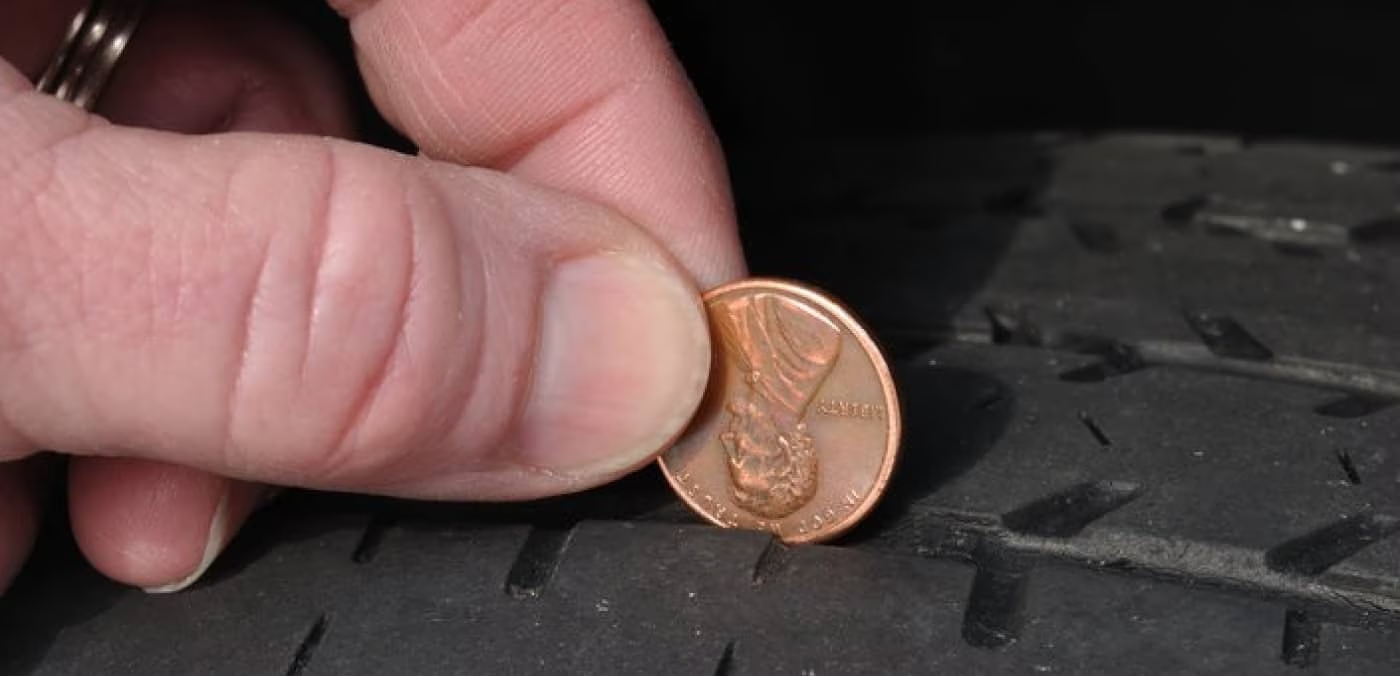The HSA, the MSA, the SAT, the ACT and now the PARCC. The lives of students at CHS are cluttered with the acronyms of standardized testing. With the alphabet soup comes the inevitable doubt: How much is too much?
Test after test, students’ patience is wearing thin. In a generation obsessed with gathering data, the one thing that really matters, students’ well-being, is overlooked.
The MSA/HSA tests have been outdated and are being replaced with the new and improved Partnership for Assessment of Readiness for College and Careers (PARCC) test. The MSA/HSA tests did need improvement. However, perhaps it is not just one set of tests that is outdated, but in fact the entire notion of standardized testing itself. As each test inevitably falls out of date, another “better” one takes its place. It is an endless cycle that students find themselves trapped in.
According to the PARCC website, the test aims to develop assessments that will measure if students are ready to be successful in college and their careers in the future.
While an admirable goal, it will be a very long time before a student’s aptitude for success can be confined to five answer choices. If we truly want to create a successful future generation of business-leaders, inventors, and innovators, then the schools should be doing more to ensure success rather than measuring its likelihood.
According to Principal Joan Benz, 98 percent of CHS students go on to two-or-four year schools following graduation, so CHS students are already very prepared.
Such high statistics prove that CHS is currently doing an extremely good job in ensuring that students are destined for success. While there is certainly room for improvement, CHS students should not be taking time out of their academic day to contribute to data that does not affect them.
Supporters of the PARCC tests and other tests like it might argue that the data gathered through the tests will help bring other schools up to CHS’ level of success and CHS students are necessary to gathering accurate data. However, if creators of the test want to observe well-prepared students and analyze the students’ success, then they are going about it in the wrong way.
In order to truly measure a student’s preparedness for college and a career, students should be observed in environments similar to the real world. The problems that students are asked to work through and the tasks that students are asked to complete should require critical thinking, problem-solving, and leadership qualities that actually create success in later life.
These types of tests would be beneficial in bringing the focus back to the students and reminding them of their importance. Spending hours taking mindless tests does not teach students, but instead treats them like the subjects of an experiment.




